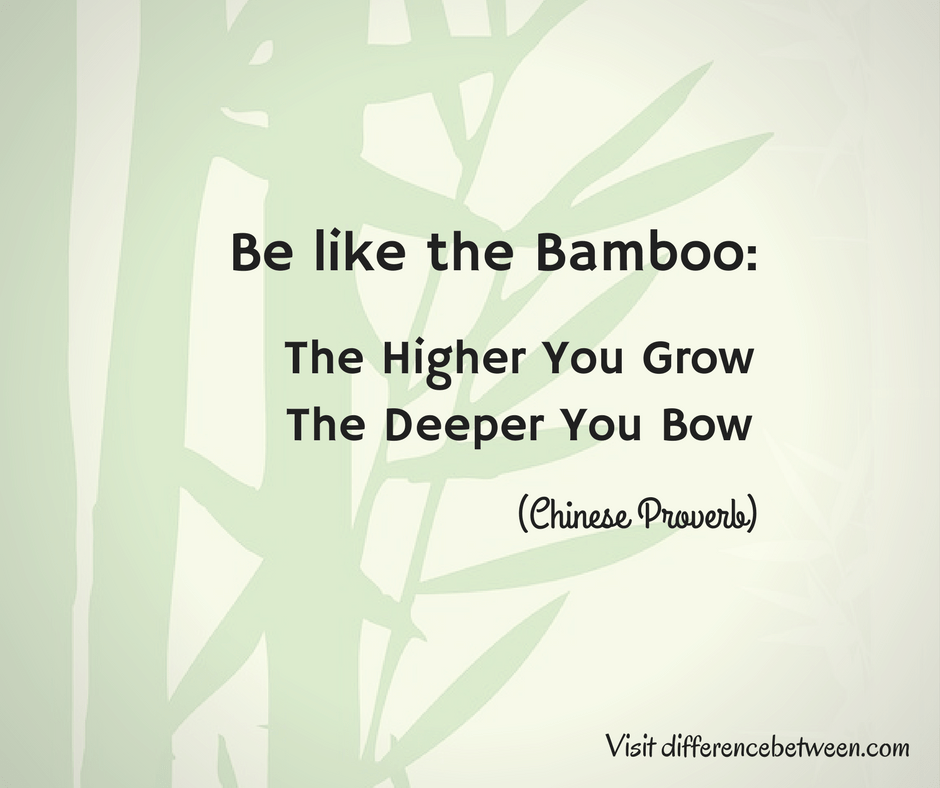Key Difference – Pride vs Humility
Pride and humility are frequently contrasted with each other. The main distinction between pride and humility lies in their meanings; pride refers to an excessively high opinion of one’s importance, while humility refers to a modest or low opinion of one’s importance. A proud individual always sees themselves as superior to others, whereas a humble person does not.
Key Takeaways
- Pride can have both positive and negative aspects, while humility is generally seen as a positive trait.
- Humility is considered a strength because a humble person can recognize their faults and weaknesses, whereas pride is a weakness because a proud person cannot accept their flaws.
- Both pride and humility relate to one’s attitude towards oneself and others, with proud individuals considering themselves superior to others, while humble individuals do not see themselves as more important than others.
What Does Pride Mean?
Pride has two somewhat contradictory meanings. It can be a deep pleasure or satisfaction resulting from one’s achievements or the achievements of one’s close family and friends, or from possessions or qualities that are widely admired. It is natural for people to feel proud when they have accomplished something great, and it is also natural to feel proud of a family member or friend’s achievement. In this sense, pride can be a positive emotion, related to satisfaction, dignity, and motivation.
However, pride also has a negative aspect. Excessive pride can be harmful to oneself. If a person has an excessively high opinion of themselves and feels superior to others, they are considered a proud person. This type of pride is a negative trait in a person. Such individuals may be overconfident, arrogant, and often unaware of their faults. Thus, this type of pride is a weakness and a character flaw.
What Does Humility Mean?
Humility can be defined as having a modest or low view of one’s importance. This is the exact opposite of being excessively proud or arrogant. Humility is a strength in a person because a humble individual is not overly confident in themselves and can recognize their faults and weaknesses.
The concept of humility is important in most religions, such as Christianity, Buddhism, and Hinduism. This mostly refers to recognizing oneself in relation to God/deities, accepting one’s flaws, and submitting to the grace of the god as a member of a religion.
What is the difference between Pride and Humility?
Pride can refer to an excessively high opinion of one’s importance, while humility refers to a modest or low opinion of one’s importance. Pride is a weakness, whereas humility is a strength. A proud person cannot accept their faults and weaknesses, while a humble person readily accepts their faults and weaknesses and attempts to correct them. A proud person often sees themselves as superior to others, while a humble person does not feel that they are superior to others. Excessive pride is associated with vanity, arrogance, hubris, and overconfidence, while humility is associated with modesty, confidence, and unpretentiousness.
Summary – Pride vs Humility
While the term pride has both negative and positive aspects, it is the negative aspect of humility, i.e., excessive pride, that is always referred to in comparison with humility. In this negative sense, pride is the exact opposite of humility. Pride refers to having an excessively high opinion of oneself, while humility refers to having a modest opinion of oneself. This is the main difference between pride and humility. Humility is a strength, whereas pride is a weakness.
